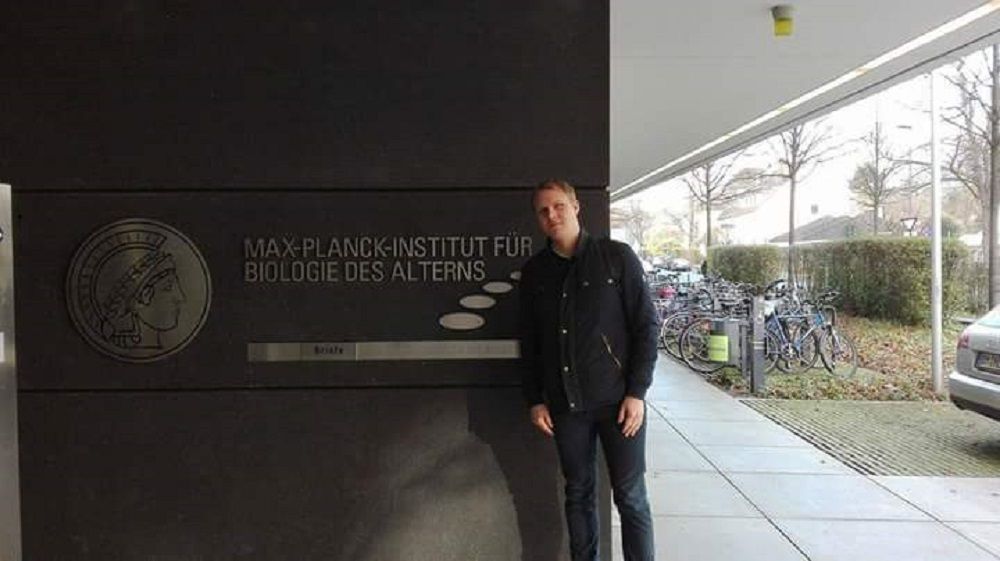Jan 2, 2018
New Research on Maximum Human Lifespan
Posted by Brady Hartman in categories: genetics, life extension
Summary: New findings on maximum human lifespan shows that we have an upper limit due to the construction of our bodies and genetic constraints. However, anti-aging scientists may have discovered ways to overcome this limitation. [This article first appeared on the LongevityFacts website. Author: Brady Hartman. ]
Three new studies show that maximum human lifespan is limited to about 115 – 120 years due to genetic constraints, the construction of our bodies and an increasingly toxic environment.
These studies are hardly the first to conclude there is a maximum human lifespan. However, there may be a way to overcome this limitation.


















